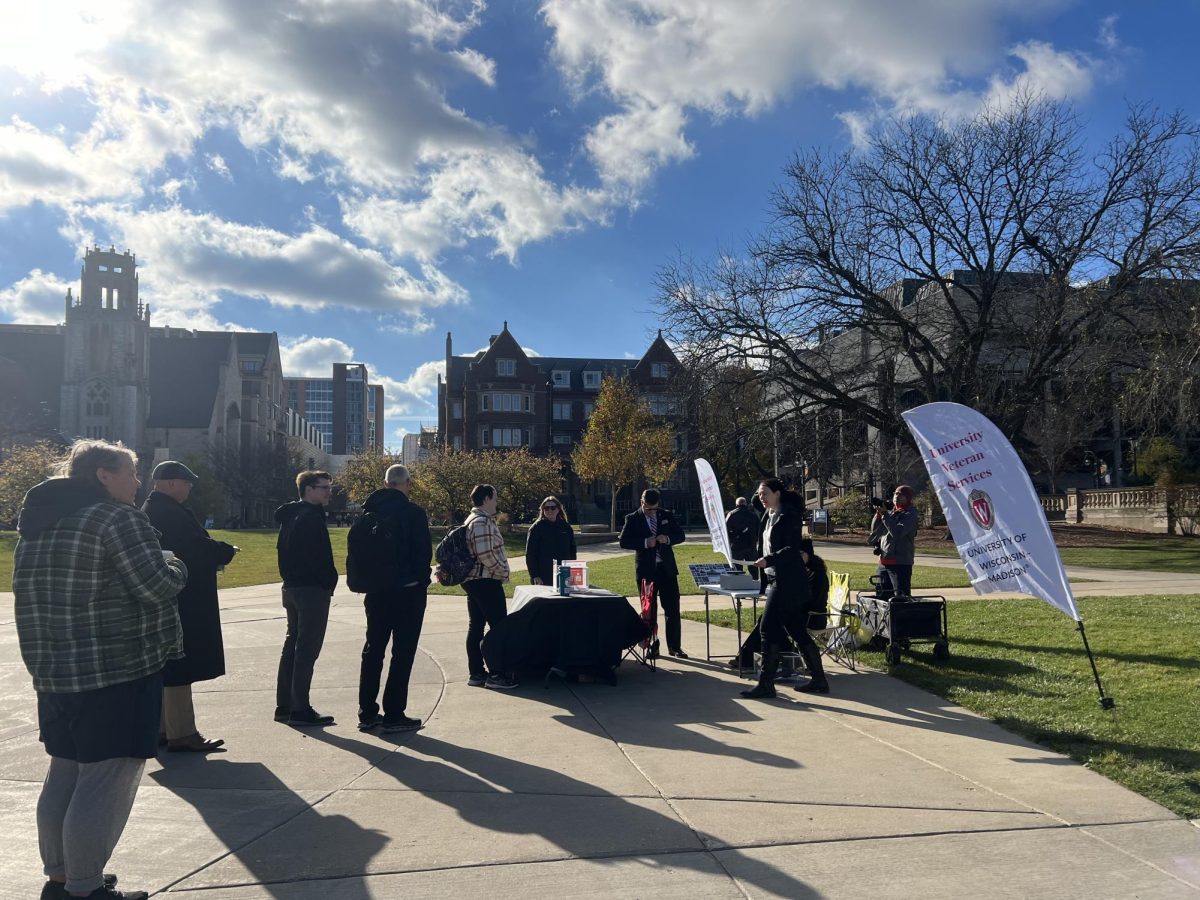Edy Moran is a 17-year-old high school student at Madison West High School who works at a bakery and spends any free time he has playing soccer.
Like many others in Wisconsin, however, he faces the threat of deportation.
Moran said he decided to leave Honduras after receiving threats from angry individuals after his father, who had done work as a hitman, disappeared. Having lost his mother at the age of one, Moran was alone in his decision to leave.
Moran, who has spent five months in the United States, will face a trial in May that will decide whether he is able to stay. Moran said he considers himself lucky, however, as his chances to stay are greatly strengthened by the free legal assistance he receives from students at University of Wisconsin’s Immigration Justice Clinic.
UW’s Immigrant Justice Clinic is in its third year of actively providing free legal representation to immigrants in deportation proceedings, the only one in the state. It started with the provision of a three-year grant from the Ira and Ineva Reilly Baldwin Wisconsin Idea Endowment.
Stacy Taeuber, director of the clinic, said it focuses on representing people who are in immigration custody and detention. She said in Wisconsin, the U.S. Immigration Customs and Enforcement houses detainees in two different jails, holding about 200 people in each at any given time. Not all immigrants facing deportation are detained, however. Taeuber said the clinic works on providing visas for victims of crime and asylum cases.
“The immigration population in Wisconsin has been growing very rapidly and institutions have been struggling to keep up,” Taeuber said. “There is no other nonprofit legal service in Wisconsin that represents people who are in detention. If someone can’t afford a lawyer, they can go to Chicago or pay someone but if they can’t afford it they’re stuck.”
Taeuber said the issue of immigration has been an increasing presence in Wisconsin, as many states near the border run out of space to hold all the detainees and send them up north.
She stressed how difficult it is for an immigrant to represent themselves. She said there are ways for them to apply for staying rights, including family size and the amount of time already spent in the U.S.
Second or third year law students get academic credit for the program, Taeuber said, which involves a credit component as well as the hands-on experience of working with clients under supervision, which she provides.
Lola Bovell who formerly participated in the clinic is president of the Latino Law Student Association. The organization works to support Latino issues in law school, providing a support network for Latinos and advocating for community and civil rights issues, she said. She said the opportunity to work at the clinic gave her greater insight on the country’s immigration issue.
“I grew up in Miami, Florida, so I loved knowing that a lot of people do move to the United States from other countries and I was exposed to people from all over the world and different cultures from a very young age,” Bovell said. “But I did not realize the significant reality, the harsh reality of deportation and removal proceedings.”












